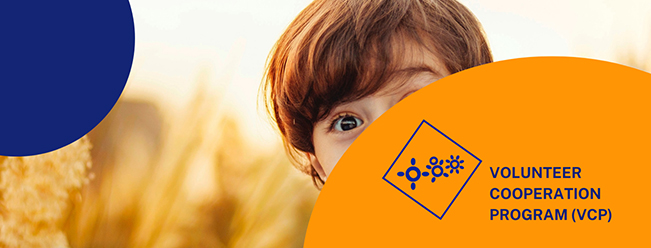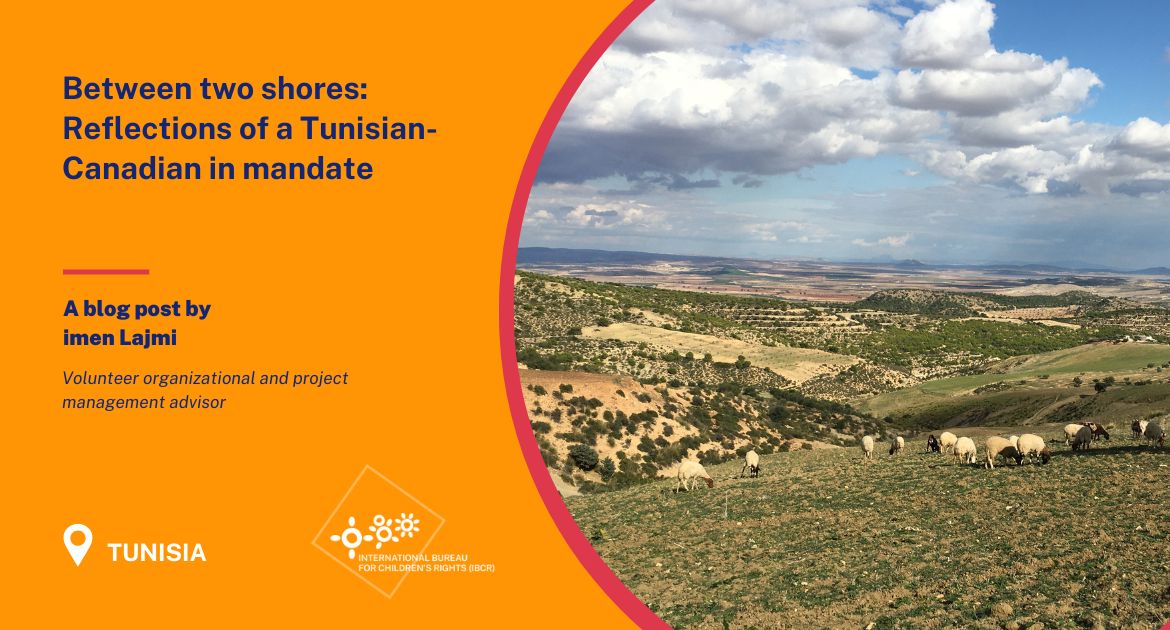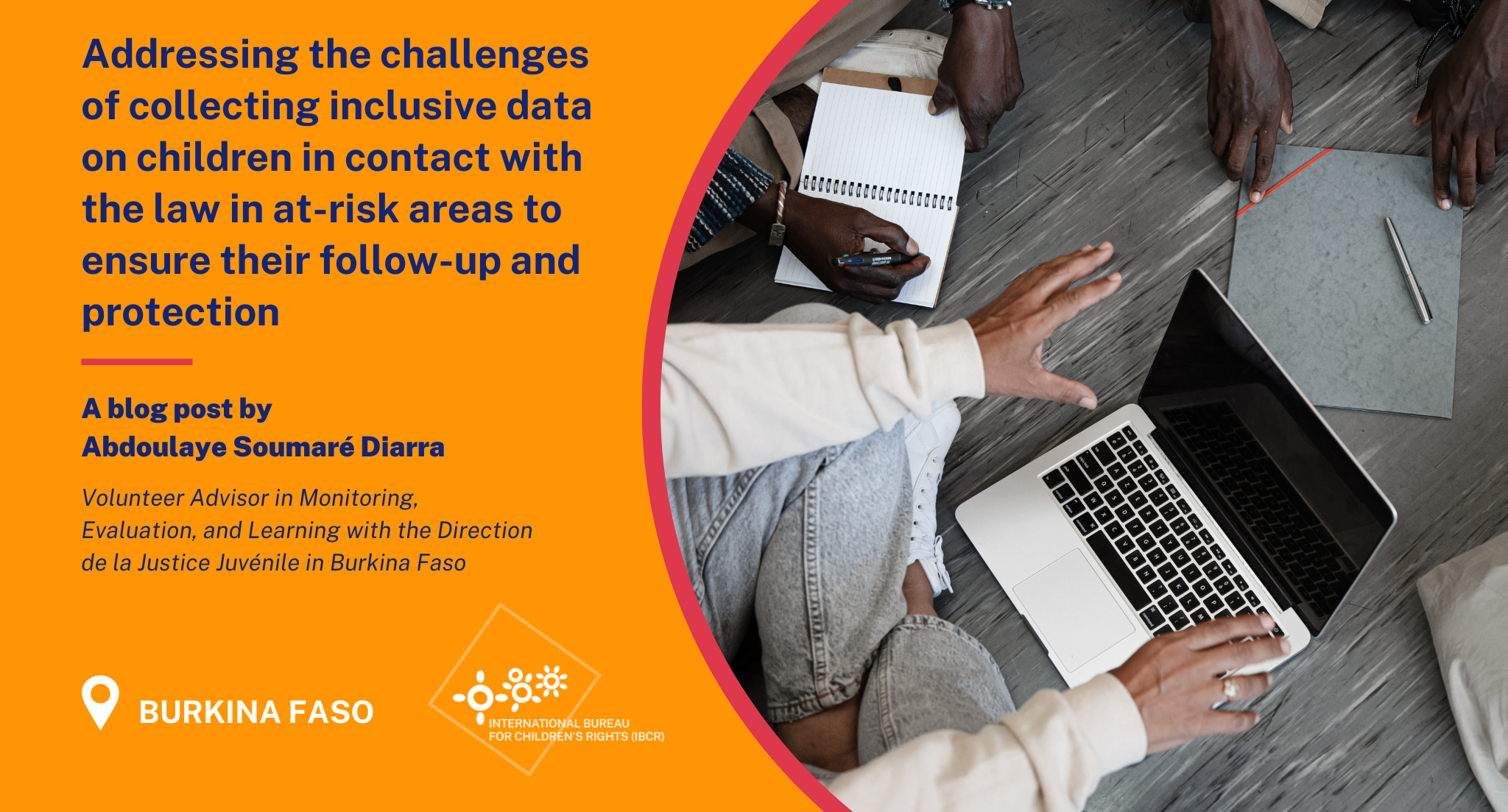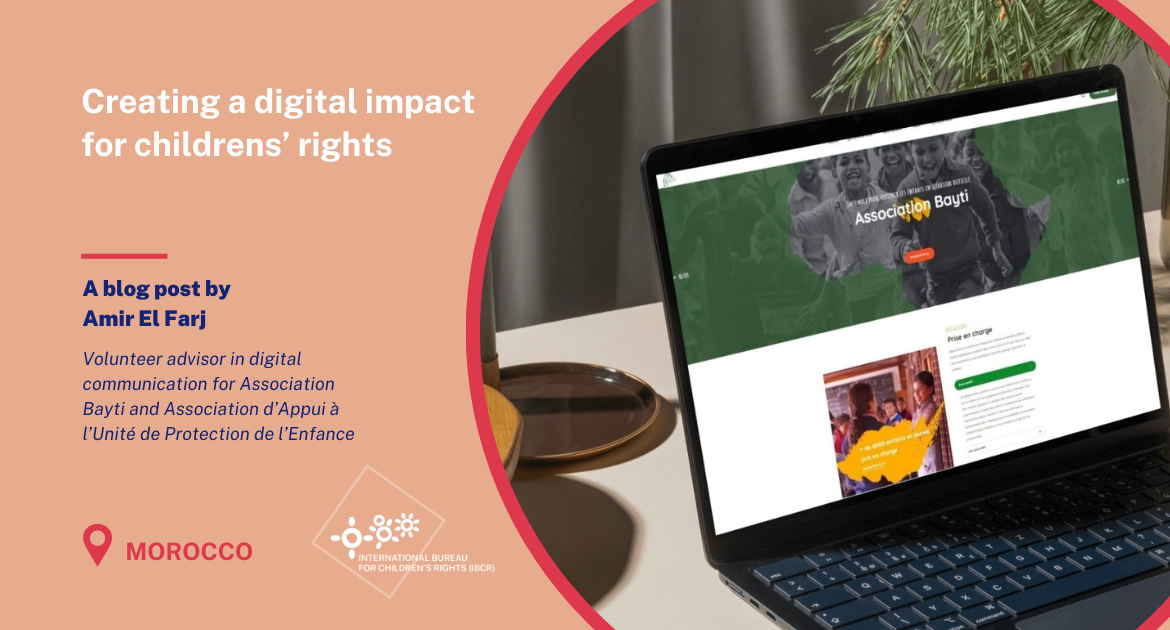Being involved in voluntary cooperation as a Canadian in Tunisia means navigating a space where my identities intertwine and confront each other. My role places me in a sometimes delicate position: that of a Canadian tasked with supporting, advising, and sharing internationally recognized practices, but also that of a Tunisian, whose cultural and emotional roots resonate with those of local partners. This dual belonging naturally bridges two worlds for me, but it also presents challenges I hadn’t anticipated.
One of the first challenges I faced upon arrival was managing differences in perception. The internal protocols and processes specific to the voluntary cooperation program are a striking example: while they are necessary to ensure structure and accountability, they can sometimes be seen as overly rigid or insufficiently tailored to the realities of a given context. How, for instance, can one explain—without causing offense—that security measures are beneficial, not a critique of Tunisian resilience, but simply a reflection of a standardized framework for prevention?
Beyond formalities, collaborating with a national partner requires constant sensitivity. It’s about building mutual trust, showing that I am here to learn as much as to share. Yet, the way I am perceived raises questions for me. My colleagues sometimes see me as a Tunisian returning home, and other times as a Canadian disconnected from their daily reality. This oscillation between familiarity and distance shapes my interactions, often positively, but occasionally with a certain implicit tension.
My arrival in Tunisia, though imbued with a sense of returning to my roots, revealed how much this country remains, in some ways, unfamiliar to me. I had idealized this land of my ancestors, without realizing how much I would need to reestablish my place within it. In the offices of the national partner, I discover a unique professional environment every day, where pragmatism and resourcefulness often take precedence over the meticulous and orderly organization I was accustomed to in Canada.
However, this experience has taught me that my multiple identities are not an obstacle but a source of strength. They allow me to act as a bridge, representing Canada while also being a communicator who understands the cultural subtleties of Tunisia. Every misunderstanding, every adjustment becomes an opportunity to deepen this collaboration and to demonstrate that what unites us is stronger than what sets us apart.
This mandate goes beyond the purely professional framework. It challenges me, teaches me, and pushes me to redefine my sense of belonging. Day by day, I realize that I am not just here to provide technical support or meet institutional objectives. I am here to explore who I am, to walk that fine line between two shores, and to grasp the essence of the identity whirlwinds within me.
In the end, identity is a journey—a constant movement between what shapes us and what we choose to become. As Amin Maalouf so aptly puts it in In the Name of Identity: "Identity is not given once and for all; it is built and transformed throughout one’s existence." It is in this process, sometimes tumultuous but profoundly enriching, that the true meaning of self-discovery lies.
Interested by international volunteering?
Find out more about our open mandates
KEEP ME INFORMED OF UPCOMING VOLUNTEERING OPPORTUNITIES
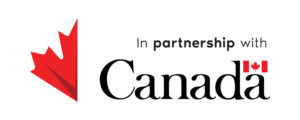
Volunteer cooperation program funded by Global Affairs Canada.


